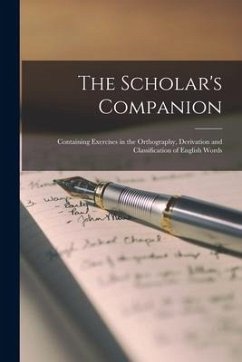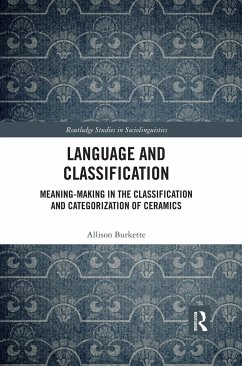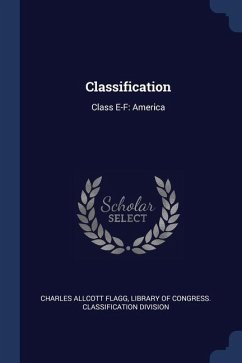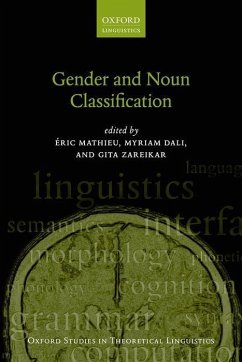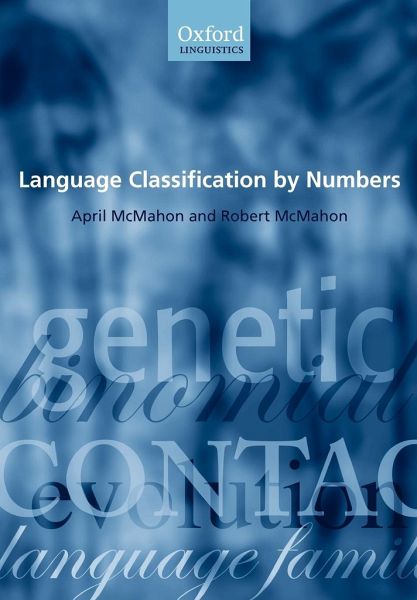
Language Classification by Numbers
Versandkostenfrei!
Versandfertig in 1-2 Wochen
86,99 €
inkl. MwSt.

PAYBACK Punkte
43 °P sammeln!
Their book will be of great practical importance to students and researchers in historical and comparative linguistics and will interest all those concerned with the classification and diffusion of languages in fields such as archaeology, genetics, and anthropology. Its approachable style will appeal to general readers seeking to know more about the relationship between linguistic and human history.
This book considers how languages have traditionally been divided into families, and asks how they should be classified in the future. It tests current theories and hypotheses, shows how new ideas can be formulated, and offers a series of demonstrations that the new techniques applied to old data can produce convincing results. It will be of great practical interest to all those concerned with the classification and diffusion of languages in fields such ascomparative linguistics, archaeology, genetics, and anthropology.






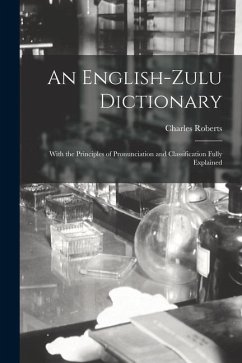
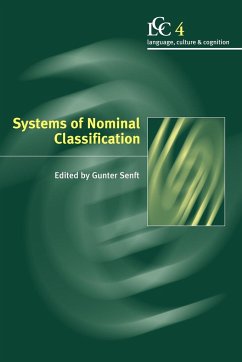


![Classification of Iroquoian Radicals With Subjective Pronominal Prefixes [microform] Cover Classification of Iroquoian Radicals With Subjective Pronominal Prefixes [microform]](https://bilder.buecher.de/produkte/65/65586/65586439n.jpg)
